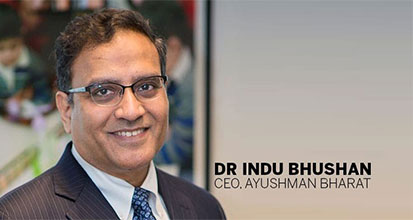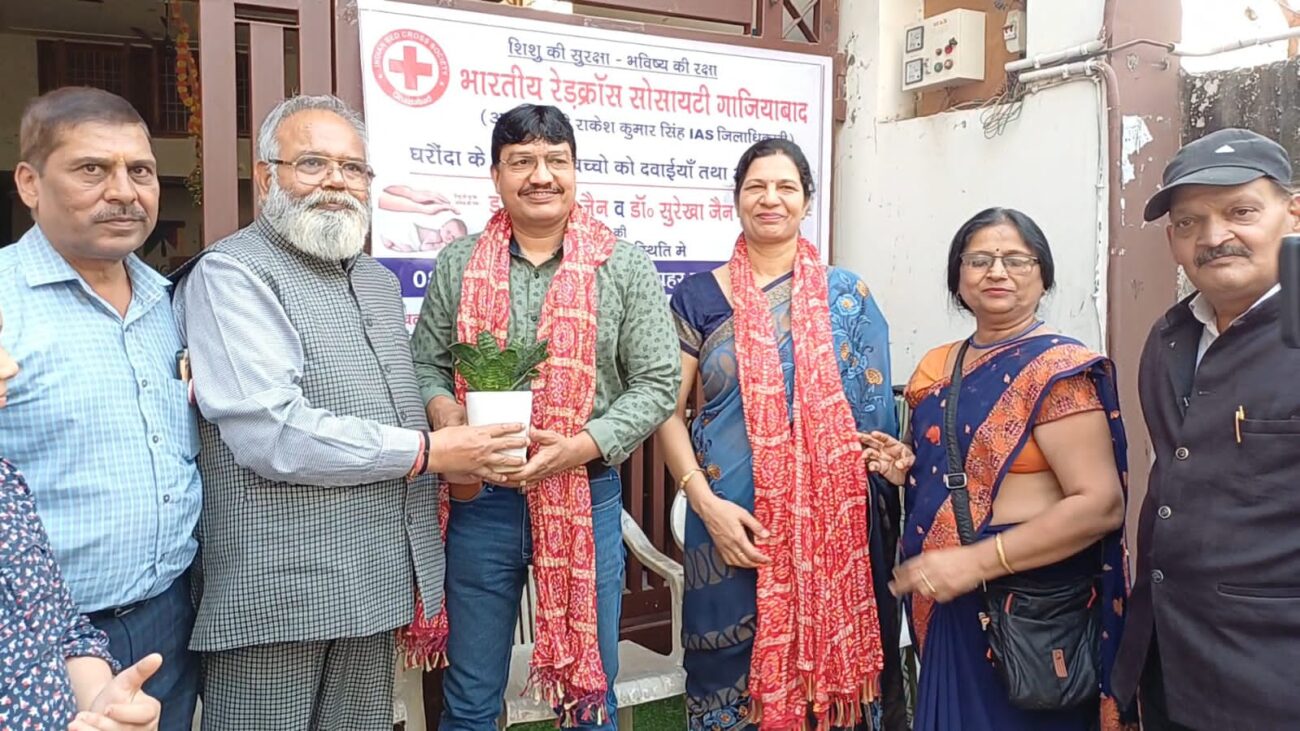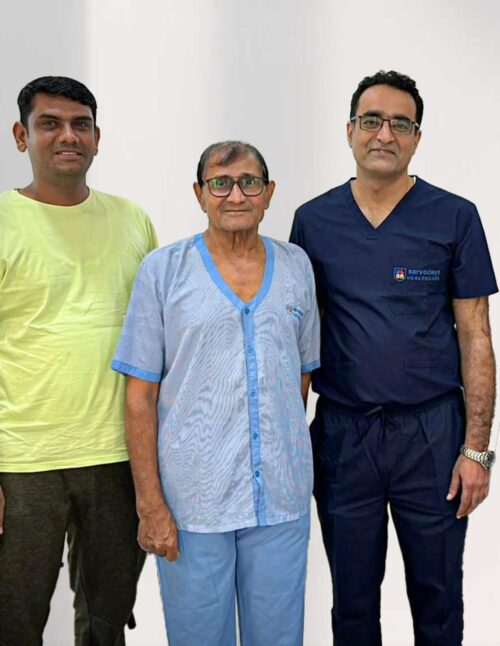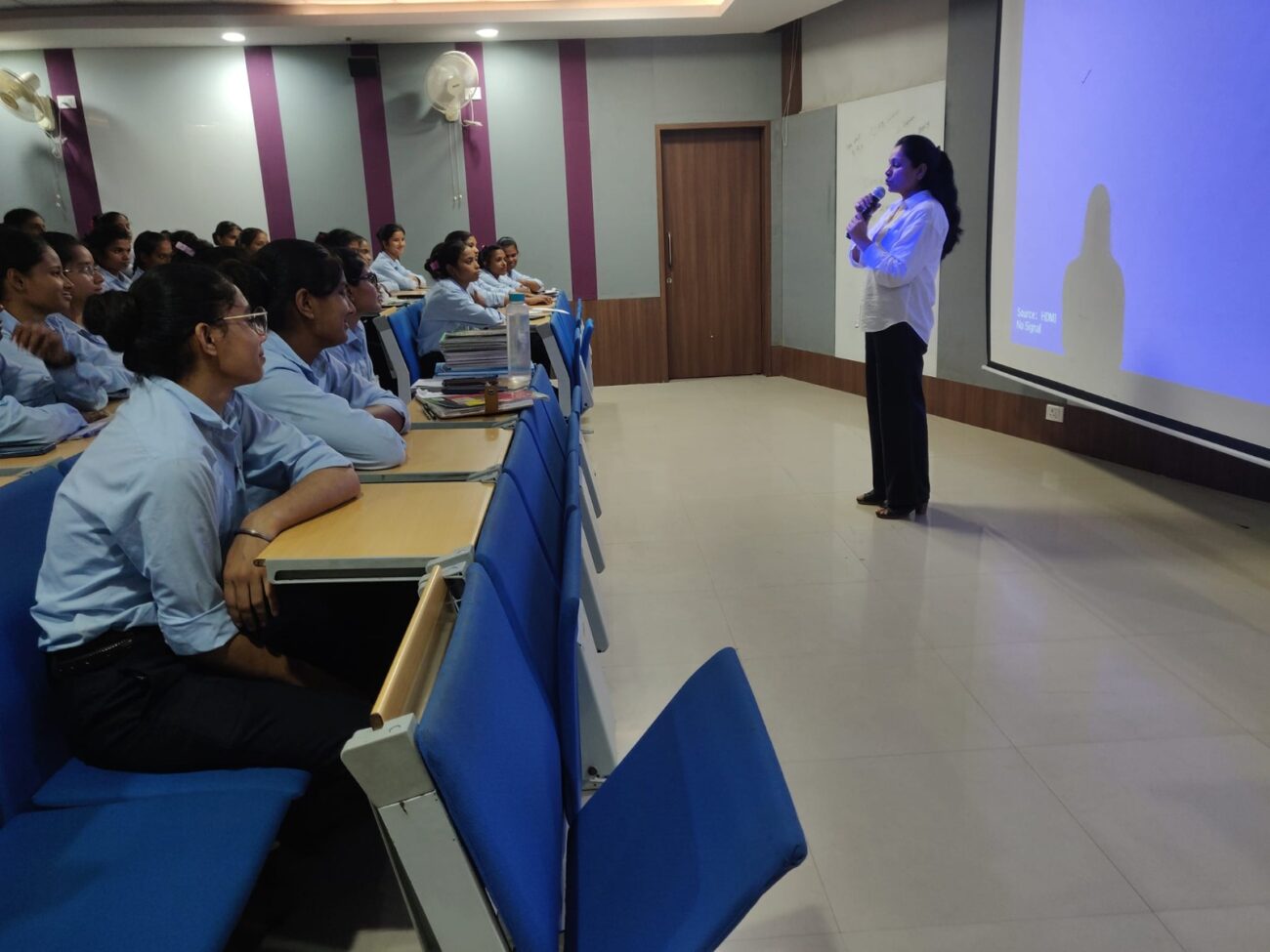Government Adopting Privacy And Security Features In NDHM Design: CEO, AB-PMJAY
Dr Indu Bhushan, CEO, AB-PMJAY and the National Health Authority (NHA), GoI today said that the National Digital Health Mission (NDHM) blueprint was developed over the last two years, which aims to provide a unique health id

Dr Indu Bhushan, CEO, AB-PMJAY and the National Health Authority (NHA), GoI today said that the National Digital Health Mission (NDHM) blueprint was developed over the last two years, which aims to provide a unique health id to every citizen and link them together with electronic health records. The aim is to improve transparency in the sector, make health services more accessible, interoperable, and make policy more evidence-based.
Addressing a webinar ‘Digital Revolution Going Viral’ during the FICCI HEAL 2020, Dr Bhushan said, “The NDHM has citizens at the center of the whole concept and we are adopting privacy and security in the design itself and not as an afterthought.”
Drawing a parallel with other government initiatives, Dr Bhushan said that India has gone through the FinTech revolution and the Unified Payment Interface (UPI) that has revolutionized the financial sector and we aim to do the same thing in the health sector through the NDHM.
“We will be providing the digital infrastructure and it will revolutionize the health sector,” added Dr Bhushan.
Elaborating on the government’s digital initiatives, specifically on the telemedicine, Dr Bhushan said, “The excitement regarding telemedicine and digitizing the whole healthcare system stems from the PM himself. The NDHM was one of the major announcements from the ramparts of the Red Fort this Independence Day.”
He stated that the implementation of the NDHM has been initiated on a pilot basis. “We are acting on the ‘start small, think big and scale fast’ principle, and hopefully, in six months you will start seeing the impact on a larger ecosystem,” noted Dr Bhushan.
Highlighting the impact of COVID-19 on digital health, Dr Bhushan said that the crisis has spurred some reforms and digital health is one of them. “The crisis showed the fault lines in the health sector. India is investing too little in health and is one of the lowest in the world. This crisis has shown that we need to do much more and we need to invest more in the primary, secondary, and critical care,” he emphasized.
Dr Sangita Reddy, President-FICCI & Joint MD, Apollo Hospitals, said that COVID-19 brought together some of the most powerful and innovative thought processes across the world. “Telemedicine is not just tele-consults; it is an integrated platform that one can use. It is evolving and emerging and the day that physical medicine and telemedicine are seamlessly integrated is when we’ve won the telemedicine game,” she said.
Dr Reddy further stated that India is clearly ramping up for the vaccination challenge and it is not just about production. We will produce for India and the world. One of the critical aspects of administering vaccines is human resources and India has the human resource to do that. “The National Health Service (NHS), UK is looking to acquire doctors and nurses from India to help them in this challenge. This is a tremendous opportunity for India to showcase its capabilities,” she added.
Dr Scott Atlas, Special Advisor to the President of the United States, Member, White House Coronavirus Task Force, Robert Wesson Senior Fellow, Hoover Institution, Stanford University, USA said that the US has used digital health effectively during the COVID times and that there has been an explosion of telemedicine in the United States.
“This is one of the positives that has come out of this very tragic period and this was done because of the necessity and the need for mobilizing resources and making them available to people who were either forced to not come to medical centres due to the lockdown or were afraid,” he said.
Mr Kieran Murphy, President & CEO, GE Healthcare said that during COVID, the pressure to get sufficient number of components at the right place at the right time was immense. However, there wasn’t a single company around the world that refused help when asked.
Dr Jan Herzhoff, President- Global Health Markets, Elsevier said that the usage of some of their platforms has increased by almost 65 per cent during the COVID times. “Most of the healthcare professionals being pulled in were not able to use the ventilators. Our first task was to get students and healthcare workers to understand the functionalities of the machines,” he said.
Mr Bart Janssens, MD and Senior Partner, The Boston Consulting Group Inc, said that COVID-19 gave an opportunity to a large group of companies and organizations to come together who, in normal times, would not have collaborated. “The mission of the Swasth app when COVID-19 hit India was two-folds. The short-term and the most visible part was about helping to respond to the crisis by rapidly deploying COVID-19 care solutions. The second was to help accelerate the adoption of the NDHM by contributing to building big digital healthcare infrastructure,” he said.
Dr Vidur Mahajan, Head- R&D, CARING, and Associate Director, Mahajan Imaging, said that the built-in consent management in the National Digital Health Mission is laudable. “Instead of a technological- centric view the whole healthcare ecosystem should have a patient-centric view,” he added.






